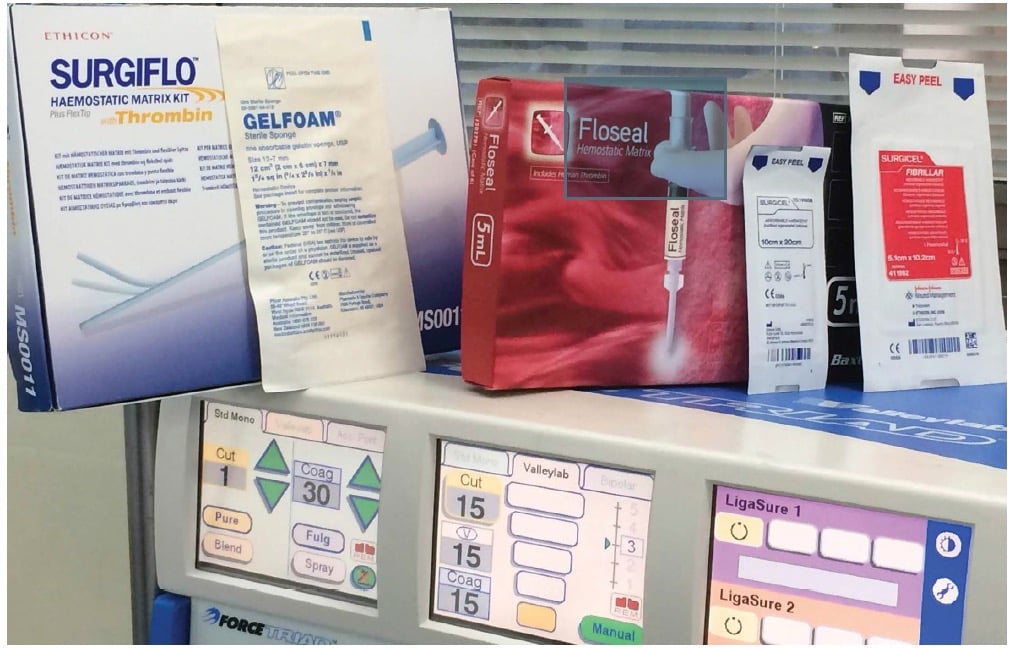Your First-Aid Kit Is Outdated! Add These Items Now
From minor ones, such as cuts and grazes, to larger ones, such as falls and impact collisions, accidents do happen from time to time. While it's good to be optimistic about it, it's better to be safe and prepared, with items that can help minimize the pain and suffering while reducing the chances of the injury becoming worse. Whether it's in your home, at the workplace, or in the car, having a first-aid kit within reach can make a huge difference, as far as wellness is concerned. With the right tools and items in your first-aid kit, you can easily lower the risk of infection in an injury, prevent excessive bleeding, or reduce the severity of an ailment. You can even eliminate the need for hospitalization of injured people while saving on the costs they would have incurred if the injury or ailment got worse. Most importantly, first-aid knowledge can help save a life!To get more news about chitosan hemostatic agent, you can visit rusuntacmed.com official website.
However, most items in a first-aid kit start becoming stale over time, especially if unused for quite a while, and, as such, they need to be replaced with new ones. Administering first aid with rusty tools, expired products, and used—and possibly contaminated—items would only make matters worse. Additionally, innovations, such as newer wound treatment technologies, are always coming up, and, as far as the medical world is concerned, the contents of the first-aid kit are not to be left behind when it comes to advances. For these reasons, your first-aid kid could be outdated and needs to be restocked.
Sprains, strains, and aches are common in everyday life. They may result from a fall, bad posture, or a simple twist while walking down the stairs. However, some of these pains can worsen and even last for weeks if they're not addressed as soon as possible, preferably on the spot. Peter Tzemis, a medical professional and reviewer at cpoe.org, says that pain-relief creams are used by a wide range of people, including athletes, construction workers, and people with muscle and joint-ache issues. A good one will provide instant short-term relief from pain, which makes it a great addition to your first-aid kit.

While you may not have the skills to patch up a wound that is still bleeding, having some cutting tools in your first-aid kit can be very helpful in various situations. For instance, you'll need a pair of scissors to cut the bandage after rolling an adequate amount around the wound. You may also need a scalpel to cut duct tape. In case the wound is dirty or filled with debris, such as pieces of glass or wood splinters, first-aid tweezers will come in handy.
Many people may not know it, but a cigarette lighter is also an important item to have in a first-aid kit. Not that you'll hand the injured person a stick or a joint, but you can use it to sterilize items such as scissors and tweezers in case you need to use the same instrument on another person. Passing the blade over the lighter's flame for a few seconds should kill bacteria and other pathogens stuck on its surface. You can also use it to start a fire to keep warm or send a smoke signal in case you're in the wilderness and trying to put out an SOS.
A first-aid kit should also contain certain common medications. These may include pain relievers such as ibuprofen and acetaminophen, laxatives, antacids, antihistamines, and medications for colds/coughs. It's also important to have some aspirin in the kit, just in case you run into someone complaining of unexplained chest pain, as they could be having a heart attack.